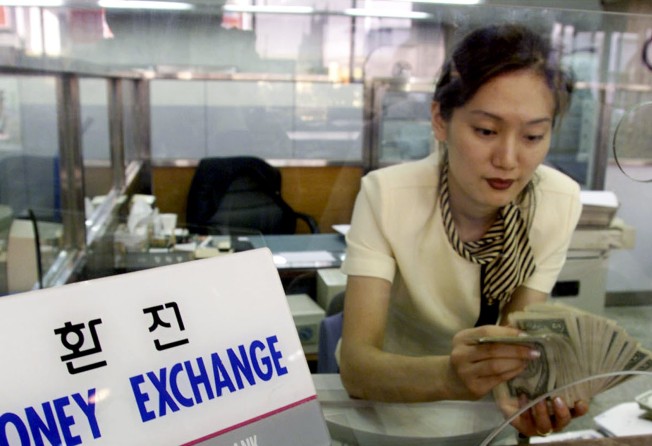South Korean bank employees in hot seat for ‘excessive’ demands
Unions want a five-day workweek of 40 hours, ‘indefinite contracts’ with more benefits, retirement extended to 65 from 60, and a peak wage system after 60

By Kim Yoo-chul
Maintaining flexibility and a work-life balance is truly an integral part of society and how companies and organisations should operate. There’s no debate about that.
But the Korean Financial Industry Union (KFIU) representing South Korean bank employees is advised to bear in mind that no matter how complex demands are, Koreans consider banking services as one of the most important of “public” services.
The KFIU is an umbrella group representing unions at over 30 financial institutions, including major private and provincial banks.
As the services, which provide extra value to the everyday lives of everyone in society, have been demonstrated as vital, the six demands by the KFIU — closing between 12:30 and 1:30 p.m. for a lunch break, a maximum work week of 52 hours including overtime, a five-day workweek of 40 hours, introducing “indefinite contracts” with more benefits, extending retirement to 65 from 60, and introducing a peak wage system after 60 — are unlikely to win backing from the public.
The union is also asking management to limit the wider use of performance-based pay systems. These are the key demands out of 53 the KFIU submitted to the Financial Industry User Committee in collective bargaining. The committee’s key members include presidents of the country’s leading banks and representatives of state-owned financial institutions.
“The union wants too much. I won’t simply blame them for their requests, but it’s a well-known fact that employees at banks are paid better than other workers, although it’s questionable whether there is a direct link between measurable talent and its impact on wages,” said an official at the Korea Federation of Banks.
As data provided by the Financial Supervisory Service (FSS) show, a full-time employee at KEB-Hana bank working there for 14 years receives an annual salary of 92 million won (US$86,130).
Out of the “big four” banks including Shinhan, Woori and KB Kookmin, Woori Bank paid the least; 87 million won for a full-time employee who had worked there for 16 years and three months.
The main controversy is the union’s demand to close all banks for lunch. In Korea, standard business hours at banks are from 9:00 a.m. to 4 p.m. During the workweek, banks are open during lunch, which typically is from noon to 1 p.m. Banks are open from Monday through Friday.
“Generally speaking there has to be someone at the counter to attend to customers. Lots of office workers prefer to visit bank branches to take care of their finances. A flexible working hour system is already operating at all major banks. But the union demands more flexibility, which is going too far,” said a KB Kookmin Bank official at a branch in Bundang.
Huh Kwon, the union representative, said the “one hour closing” demand is aimed at protecting the “right for lunch” as employees at Korean banks work in shifts during the lunch hour.
Banking requires a certain degree of adaptation as finance often requires longer working hours with tight deadlines to meet, therefore, this needs to be taken into consideration he said.
“When it comes to other internal tasks such as audits, the nature of the work does not always fit into the regular nine to four routine, therefore, having one-hour guaranteed for lunch time makes sense,” he said.
Local banks are facing numerous challenges amid the rise of Web-only banking services. Major lenders have been busy implementing plans to improve management efficiency by restructuring branches and expanding early retirement programs.